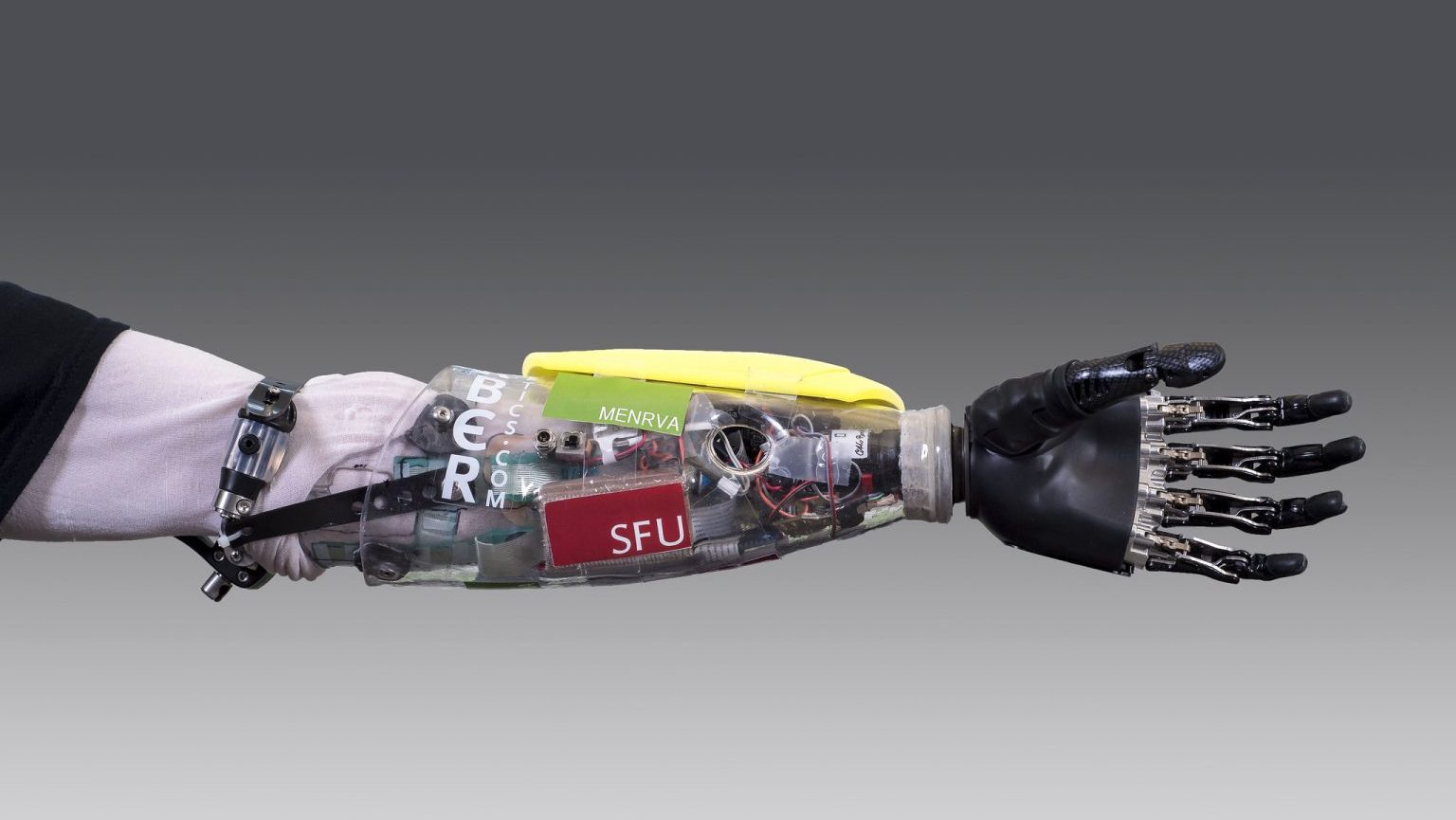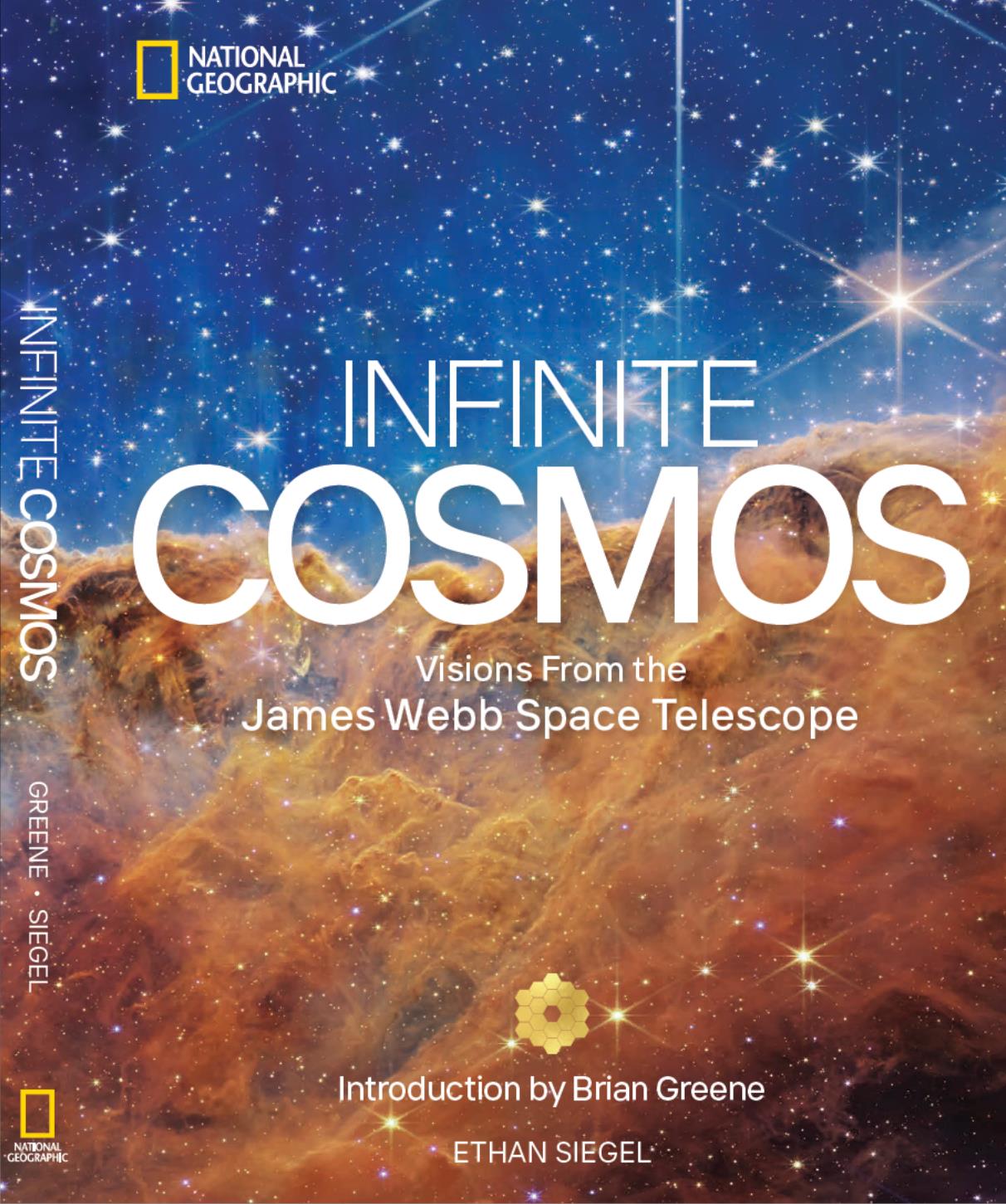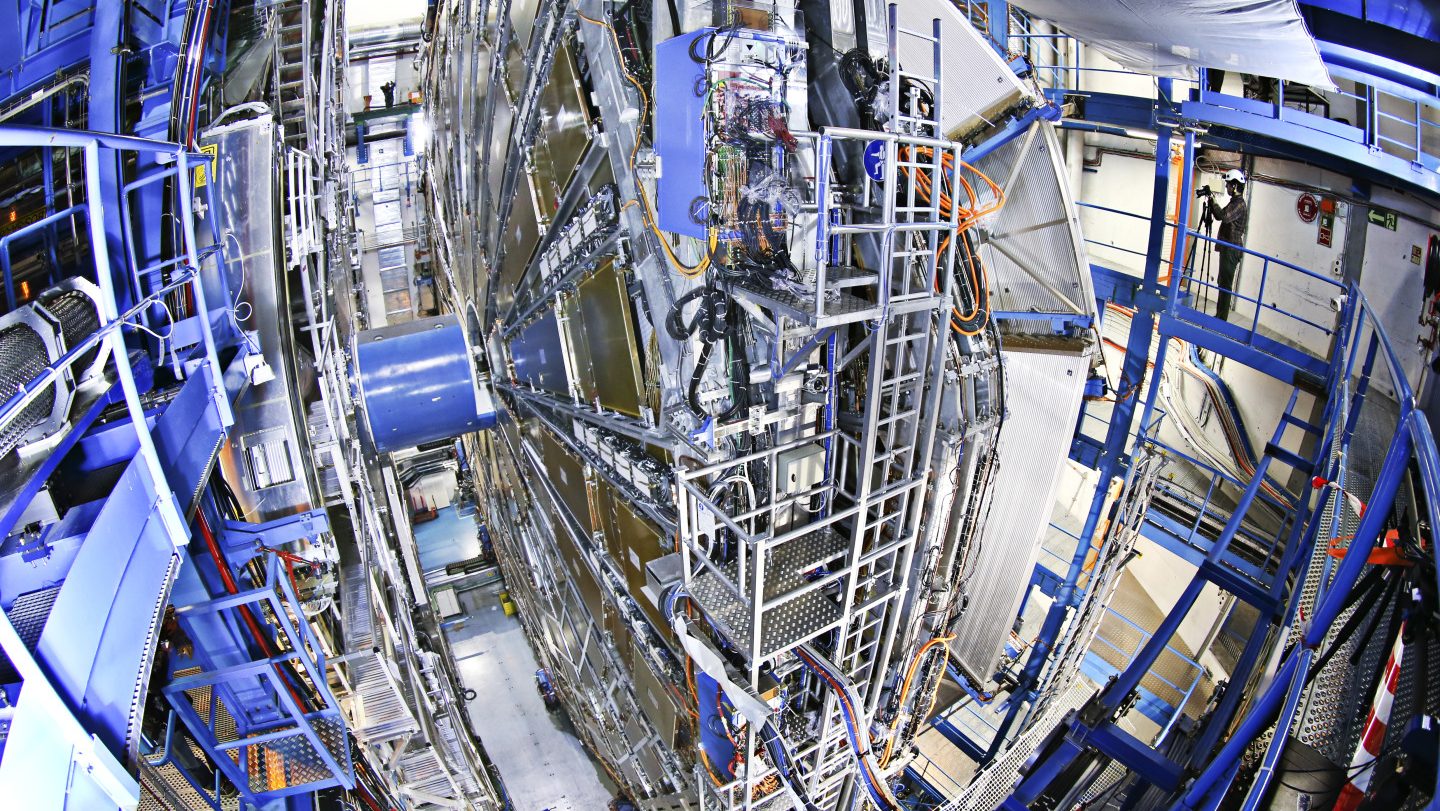Graham Hill on the mobilizing forces of technology.
This series brought to you by Dell and digitalnomads.com
Graham Hill: I’m Graham Hill and I’m VP of Interactive for Planet Green which is initiative of Discovery Communications.
Question: How did you start treehugger?
Graham Hill: It started back in 2004 and started in Barcelona, actually. A lot of that talk is about, it was initially in New York and I have thought about it for many years, but I ended up dating a Spanish woman and we lived all over the world for a number of years, so I ran it from everywhere essentially.
So like online software that anyone can log into from anywhere was critical, and we built a virtual team literally all over the world to a point that even now, I haven’t met at least half of the people in person, and yet have quite deep relationships with them.
So, the Internet was absolutely critical, otherwise, I would have had to stay here. We’ll never had an office.
Question: How has mobilizing technology effected the way we work?
Graham Hill: I think it’s been a really radical change, this move from needing to live in one place and work in an office where with all of your colleagues, to really being able to live anywhere around the world and work very easily with the virtual team of people.
It has made it less expensive, and it made it a lot more interesting. I think that people are realizing that they can move around, enjoy, they’re able to work and work remotely often earning Western wages or earning high wages and paying probably low expenses, or moving from the winter to the summer, and so there are a lot of advantages to it. Also, to getting away.
I think digital nomads are just people who take advantage of digital technology in order to continue to do their work but in a location that may be better for financial reasons or temperature reasons or maybe they’re just spending time with family or friends.
Question: How has the way you work changed with mobilizing technology?
Graham Hill: I think they’re probably two big areas that’s changed. One, is just on demand software, so the Google Docs, etc. the world. Like this computing in the cloud; I love it. I think it’s amazing that I’ve installed, re-installed, uninstalled way too much software. And so I really love the simplicity of cloud computing and Google Docs and Gmail and any sort of online software that I don’t have to install in my computer that I can access from anywhere around the world. I say that’s the big one.
The other one that’s really changes communication; Skype is a big one. And other instant messaging platforms. I think that’s really huge. And Voice over IP and video. That’s really transformed things. It’s made it easy and inexpensive to communicate with big teams from around the world. I’d say that’s a really big one, and then mobile phones that do e-mail and instant messaging and all that. Also, it's really transformed things. They made it so that you can get away with having this tiny little thing in your pocket for the most part, which is great.
Question: What are the challenges and benefits of a distributed workforce?
Graham Hill: Well, I think one of the great things about it is you don’t get sidetracked and I think it’s hard not to get sidetracked into; are they male, are they female, are they young, are they old, what are they like in person. So, it’s really all about their resumes and references and how you interact. I really like that.
In fact, you can hire someone you’re not even really sure whether they’re a man or a woman. It’s great. I like it that you’re force to judge people with only that part and you’re forced to communicate really well. I think it’s great.
And it’s always so exciting to meet them in person and inevitably they turn out to be just as cool in person as they seem to be when you’re communicating with them online.
Question: What’s the joy in being able to work anywhere, anytime?
Graham Hill: I think it’s great; anyone that does it. I think it’s a beautiful thing if people will decide, okay, I can actually live in a country for a period and do my work and get paid city wages and really change my life. It’s a lot more directed. It’s a lot more open and a lot more freeing. People just, really designing their lives and trying to figure out what’s really best for me and just getting it done.
I think they’re [IB] of people and I think people that have the jobs that allow them to do that are very, very lucky. And the nice thing about computers these days is they’re becoming the center for everything, so it’s your pictures, it’s your music, it’s your movies, it’s your workplace, it’s your mapping system, it’s your phone directory. So, it’s all there and that’s the great thing. So it’s a simple, little laptop and you plug some adapters and you’re generally good to go. It’s all integrated. So, that’s all you need. You don’t need much. It’s great. It’s very freeing.
Recorded on: July 28, 2008





